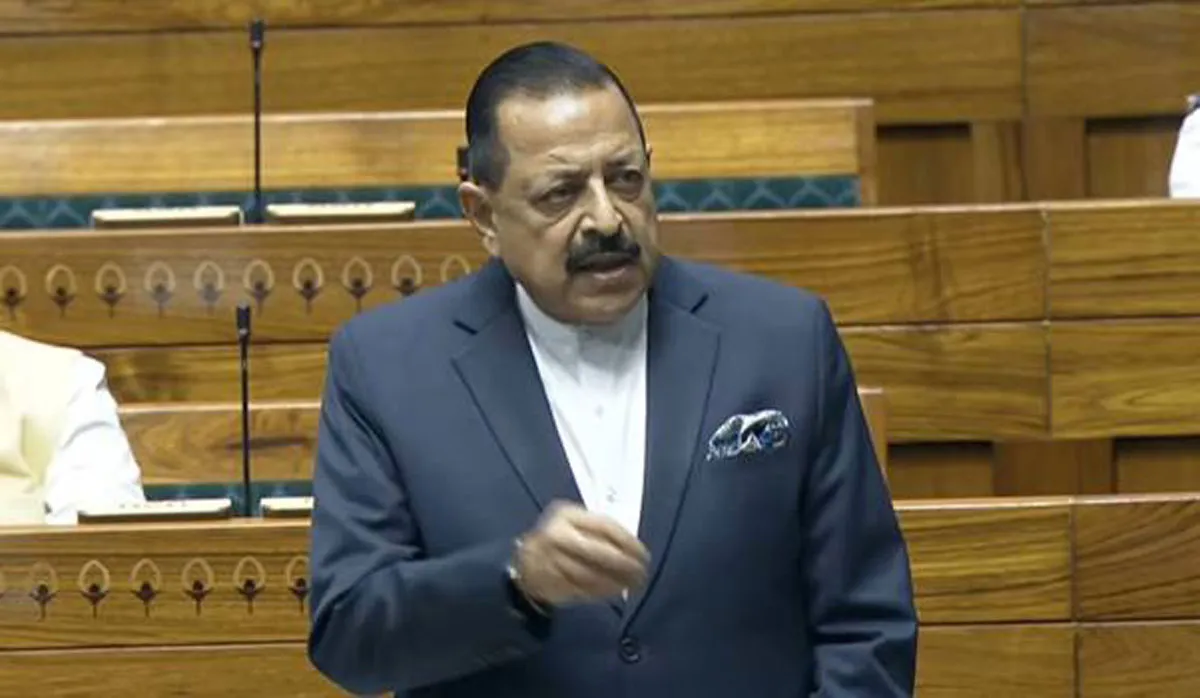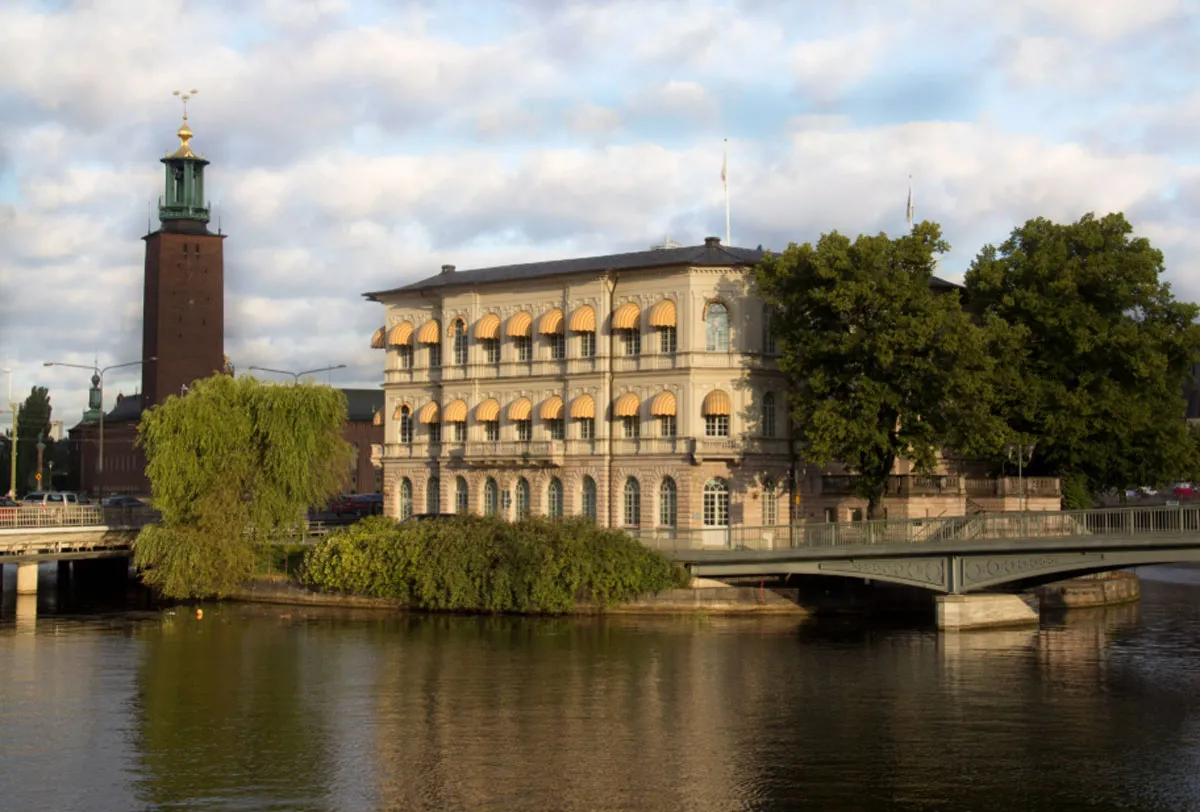Manolito P Madrasto, Past Secretary-General, IFAWPCA and COO, IFAWPCA Permanent Secretariat (HQ)
In times of global economic slowdown, here's an organisation that tries to uplift the industry through its innovative initiatives - the Philippines-based International Federation of Asian and Western Pacific Contractors' Associations (IFAWPCA). Manolito P Madrasto, Past Secretary-General, IFAWPCA, and COO, IFAWPCA Permanent Secretariat (HQ), elaborates upon these initiatives in conversation with SHRIYAL SETHUMADHAVAN.
Expound on IFAWPCA's contribution to infrastructure growth in the Asian and Western Pacific region.
IFAWPCA's main vision is to exchange information between its member countries. We also help each other in our dealings with multilateral institutions such as the World Bank and the Asian Development Bank. Our conventions mainly comprise seminars where members share various technological and market advances in their countries.
What is the association's role in developing a beneficial relationship between the government and contractors?
Every organisation is independent by itself and IFAWPCA is just a federation. So each association must establish its own linkages with their government. For instance, in an effort to help construction associations, the Philippine Contractors Association (PCA) has developed very strong links with the Philippines Government as most members belong to the engineering, architecture and construction industry.
And how about government initiatives?
The Philippines Government has formulated a programme to develop big-ticket infrastructure projects through the PPP mode; it has projects funded by the World Bank, ADB and other institutions. However, a majority of its projects are being financed internally by government appropriation from the Congress.
What is the approval process in the Philippines to start construction on a project?
It is a free market with the government adhering to open competition and bidding process. This month, it plans to launch an electronic procurement process to reduce corruption and private companies will bid through an open tender.
What are the latest construction and infrastructure trends in the Southeast Asian region?
While the Philippines is more inclined towards the US engineering standards; Malaysia and Singapore mainly adopt British systems.
Any landmark projects?
We are executing many PPP projects in Bhutan and recently constructed 10,000 classrooms in three regions across the country. Additionally, an 88 km road is being developed in the northern part of Bhutan that will be designed, constructed and funded by the Philippines. Another project, for which L&T is the contractor, will involve an elevated road, connecting airports to the new Entertainment City in Philippines.
What is your outlook and expectations on the construction and infrastructure industry in 2013?
The entire Southeast Asia, including India, is slowing down owing to the erosion of global markets. In spite of this, the Indonesian, Philippines, Sri Lankan and Bangladeshi markets are performing well owing to their passionate workers who constantly infuse capital from abroad. Philippines is likely to witness a boom in the next three to four years. Cambodia, which depends on Chinese funding, is likely to witness a slowdown along with some other major markets. How the US and Europe solve their own problems in 2013 will determine the future course of the industry.
Is there any one country that has actually stepped ahead?
Countries with expatriate workers are expected to perform better unless the Middle East shuts down. As the earnings of Abu Dhabi and Saudi Arabia are now being invested within these countries itself, it proves beneficial for them.
How would you rate India's construction industry?
India is an industrial power but the markets it serves no longer exist. The country mainly promotes PPP projects to encourage private-sector investments. Although a steel giant, most of its steel companies are now based abroad. Another problem India faces is from Japan-funded projects; it is unlikely to invest in overseas projects owing to its economic problems.
The theme for the 40th IFAWPCA convention being held in India this month is 'Responsible Infrastructure'...
The theme is relevant as we reel from the effects of climate change and environmental problems owing to unsafe construction practices.





















